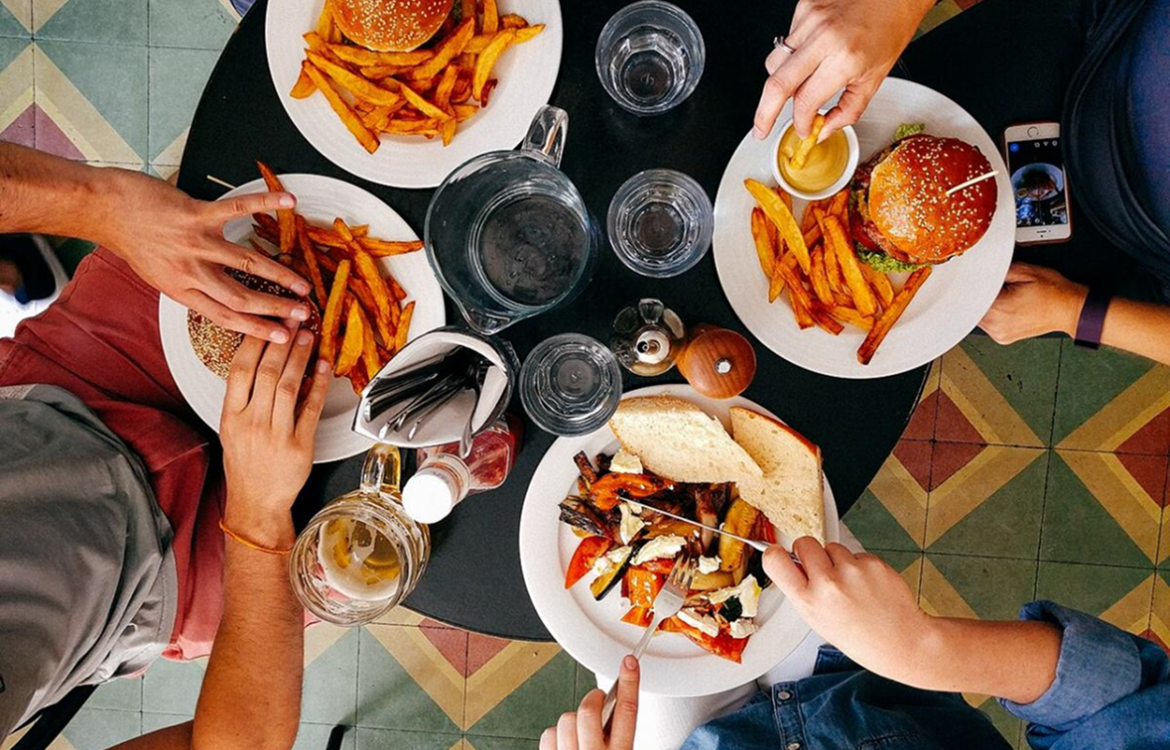In the United Kingdom, food has always been more than a means of nourishment — it is a story, a heritage, and a reflection of the people who prepare and consume it. Culinary anthropology, the study of how food interacts with culture, history, and identity, reveals just how deeply what we eat influences how we see ourselves as a nation. From traditional Sunday roasts to the multicultural street food stalls that now populate British cities, the culinary landscape reflects both continuity and change.
Advertising
Food as a Cultural Archive
Every dish is a record of historical events, migrations, and cultural exchanges. In Britain, the influence of the Roman Empire, Viking invasions, Norman conquests, and colonial history has shaped a diverse palate. Fish and chips, often considered quintessentially British, owes its components to global trade — potatoes from the Americas, fried fish from Jewish immigrants. By understanding the origins of these dishes, one can trace the evolution of British society itself.
Culinary anthropology examines these connections, showing that food is never static. Recipes adapt to available ingredients, economic changes, and technological advancements. The adoption of tea as a national drink, for example, was the result of 17th-century trade with China and later, the British Empire’s plantations in India. Today, the act of “afternoon tea” carries both cultural nostalgia and a marker of British identity.
National Identity Through Taste
What we define as “national dishes” often stems from a desire to express shared values and traditions. In the UK, dishes such as shepherd’s pie, Cornish pasties, and Yorkshire pudding are tied to regional pride and local history. These meals connect generations, linking the present to the past through shared family recipes and community gatherings.
Yet, national identity is not only about preserving tradition — it is also about adapting to change. The modern British table features influences from South Asia, the Caribbean, Africa, and Eastern Europe, reflecting immigration patterns and cultural integration. Chicken tikka masala, often referred to as Britain’s unofficial national dish, is a testament to how immigrant cuisines become woven into the fabric of British identity.
Food as a Tool for Social Connection
Shared meals are powerful social glue. From pub culture to holiday feasts, food plays a central role in fostering a sense of belonging. Events such as The Big Lunch, where communities across the UK come together to share meals, demonstrate how food encourages dialogue, breaks down barriers, and reinforces community bonds.
In multicultural Britain, food often serves as an introduction to different cultures. A meal can be a gateway to understanding another person’s heritage, values, and worldview. This cultural exchange helps redefine national identity as something inclusive and evolving.

